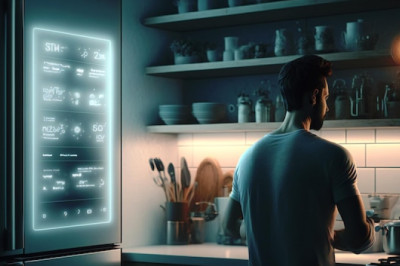The question of whether rooftop solar panels can provide enough energy for a household is becoming increasingly relevant as homeowners look for sustainable and cost-effective energy solutions. The potential of solar panels to meet a home's energy needs depends on various factors, including geographic location, panel efficiency, roof size, and household energy consumption. In this article, we will explore six key aspects that influence the ability of rooftop solar panels to power a household effectively.
Geographic Location
The geographic location of a home plays a crucial role in determining the effectiveness of solar panels. Areas that receive high levels of sunlight throughout the year, such as the southwestern United States, are ideal for solar energy generation. The angle of the sun, the number of daylight hours, and the presence of shade from trees or buildings can all impact the amount of solar energy that panels can capture. Therefore, households in sunnier regions are more likely to generate sufficient energy from their rooftop solar panels compared to those in less sunny areas.
Panel Efficiency
Solar panel technology has advanced significantly over the years, leading to improvements in efficiency. High-efficiency panels can convert more sunlight into electricity, making them a better option for households with limited roof space. While these panels may come at a higher upfront cost, they can produce more energy over time, potentially allowing a household to rely entirely on solar power. It's important to compare different types of panels and consider long-term energy production when deciding which panels to install.
Roof Size and Orientation
The size and orientation of a roof are critical factors in determining how many solar panels can be installed and how much energy they can generate. A larger, unobstructed roof facing south (in the Northern Hemisphere) is ideal for maximizing solar energy production. The pitch of the roof also affects the panels' ability to capture sunlight. Professional solar installers can assess a roof's suitability and design a system that maximizes energy production within the available space.
Household Energy Consumption
The amount of energy a household consumes is a significant factor in determining whether rooftop solar panels can cover its needs. Energy-efficient appliances, LED lighting, and conscientious energy use can reduce a home's overall energy demand, making it easier for solar panels to meet those needs. Before installing solar panels, homeowners should conduct an energy audit to identify ways to reduce consumption and estimate how much energy their solar system will need to generate.
Energy Storage Solutions
Solar energy production peaks during the day, which may not align with a household's peak energy usage times. Energy storage solutions, such as battery systems, allow excess energy produced during the day to be stored and used when needed, including at night or during periods of low sunlight. This can significantly increase the ability of a household to rely solely on solar power by ensuring that the energy is available when it's most needed.
Government Incentives and Net Metering
Government incentives, rebates, and policies like net metering can greatly affect the feasibility and economics of installing rooftop solar panels. Net metering allows homeowners to sell excess electricity generated by their solar panels back to the grid, offsetting the cost of electricity drawn from the grid when solar production is insufficient. These incentives can make solar installations more affordable and financially viable in the long term, encouraging more households to adopt solar energy.











Comments
0 comment